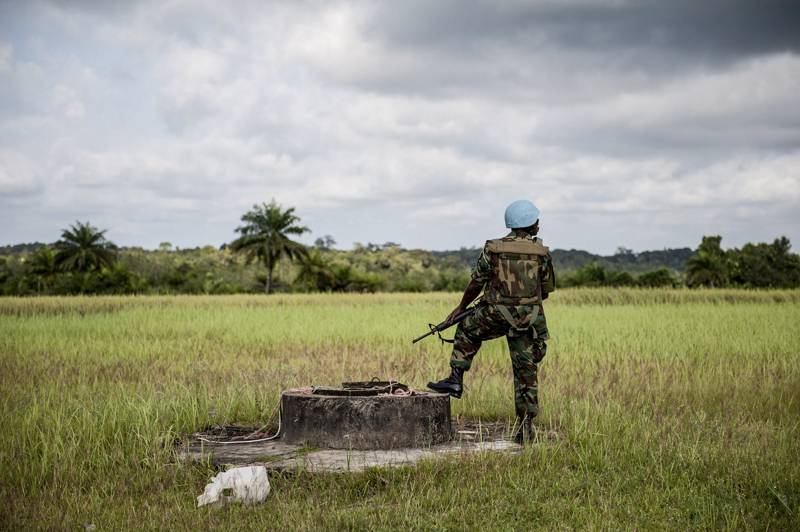Sustainable Development Goal (SDG) 16 calls on the world to achieve peaceful and inclusive societies and to significantly reduce all forms of violence and related deaths everywhere. An important first step in achieving SDG 16 is to understand conflict dynamics over time and across continents, and to know more about the types of violence employed by various actors.
As part of the Conflict Trends project, funded by the Ministry of Foreign Affairs, we take the lead in this effort by providing a global overview of conflict trends, as well as taking a closer look at regional conflict trends. This approach enables us both to look at accumulative global trends of conflict, and also to look beyond them, uncovering regional variations. The global study looks at data from 1946–2019, while the regional studies focus on the period 1989–2019.
We present and analyse data on trends in conflict at the global level, as well as detailing regional trends in Asia, Africa and the Middle East. In addition to revealing trends in violence, we also provide data and analysis of trends in conflict recurrence, ceasefires, and peace agreements.
We hope that these empirically grounded overviews of trends in conflict and peace attempts will help policy and decision makers, practitioners, and regional and country experts further understand the contexts they are working in.
For an in-depth understanding of global and regional conflict trends, please see the following PRIO Papers:
Global
- Obermeier, Anna Marie & Siri Aas Rustad (2023) Conflict Trends: A Global Overview, 1946–2022, PRIO Paper. Oslo: PRIO.
Africa
- Palik, Júlia; Anna Marie Obermeier & Siri Aas Rustad (2022) Conflict Trends in Africa, 1989–2021, PRIO Paper. Oslo: PRIO.
Asia
- Palik, Júlia; Anna Marie Obermeier & Siri Aas Rustad (2022) Conflict Trends in Asia, 1989–2021, PRIO Paper. Oslo: PRIO.
The Middle East
- Palik, Júlia; Anna Marie Obermeier & Siri Aas Rustad (2022) Conflict Trends in the Middle East, 1989-2021, PRIO Paper. Oslo: PRIO.
For an at-a-glance primer, please see these shorter Conflict Trends Policy Briefs:
Global
- Obermeier, Anna Marie (2022) Trends in State-Based Armed Conflict: 1946–2021, Conflict Trends, 4. Oslo: PRIO..
Africa
- Palik, Júlia & Siri Aas Rustad (2020) Conflict Trends in Africa, 1989–2019, Conflict Trends, 5. Oslo: PRIO.
Asia
- Palik, Júlia; Siri Aas Rustad & Fredrik Methi (2020) Conflict Trends in Asia, 1989–2019, Conflict Trends, 7. Oslo: PRIO.
The Middle East
- Palik, Júlia; Siri Aas Rustad; Kristian Berg Harpviken & Håvard Mokleiv Nygård (2020) Conflict Trends in the Middle East, 1989–2019, Conflict Trends, 2. Oslo: PRIO.








